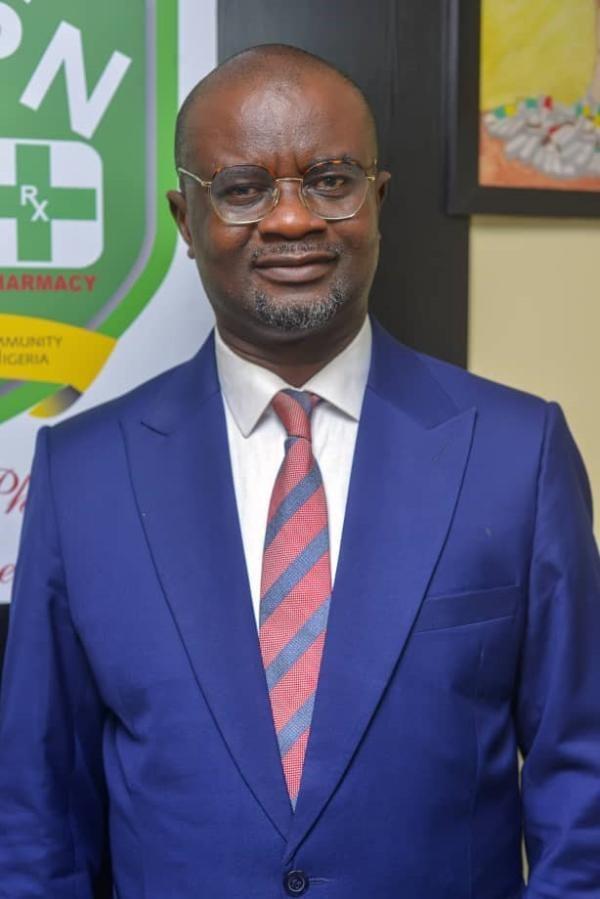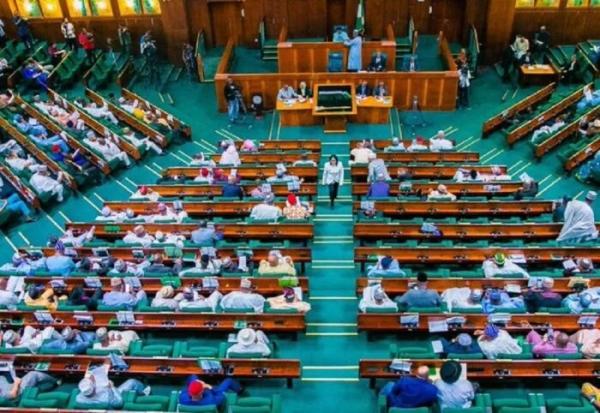
The Chairman of the Economic and Financial Crimes Commission (EFCC), Ola Olukoyede, has called on the National Assembly to enact legislation that criminalises unexplained wealth, saying such a legal tool is essential to Nigeria’s fight against corruption.
Speaking on Wednesday, July 9, at the National Conference on Public Accounts and Fiscal Governance in Abuja, organised by the Public Accounts Committees of the Senate and House of Representatives, Olukoyede warned that Nigeria cannot make meaningful progress in curbing corruption without laws that empower authorities to question and confiscate assets that clearly exceed a public officer’s legitimate income.
“What we have discovered is mind-boggling,” Olukoyede said, referring to a commission-wide investigation recently launched into the extractive industry, particularly oil and gas. “We have only just opened the books. If this is what we’re seeing at the surface, imagine what lies beneath.”
He linked public sector corruption to Nigeria’s broader economic and security challenges, describing fiscal mismanagement as a core driver of instability.
“There is a strong connection between the mismanagement of our resources and insecurity,” he said. “When you look at banditry, kidnapping, and terrorism, trace them back, and you will find a pattern of corrupt practices and diversion of funds that were meant to improve people’s lives.”
Olukoyede explained that EFCC investigations are often stalled because the law requires proof of a specific predicate offence such as theft or fraud, before the agency can seize assets or prosecute individuals.
“Help me pass the Unexplained Wealth Bill. I’ve been begging for the past year,” he said. “This same bill was thrown out by the last Assembly. If we don’t make individuals accountable for what they have, we’ll never get it right.”
He cited a scenario in which a civil servant with two decades of service owns multiple properties in affluent Abuja districts such as Maitama and Asokoro, despite modest earnings. “We’re told to go and prove a predicate offence before we can act. That is absurd,” he added.
The EFCC chairman also revealed that 146 out of 194 foreigners arrested for financial crimes related to cybersecurity had been convicted in 2024. “They will serve their jail terms and will be repatriated to their respective countries,” he stated.






















